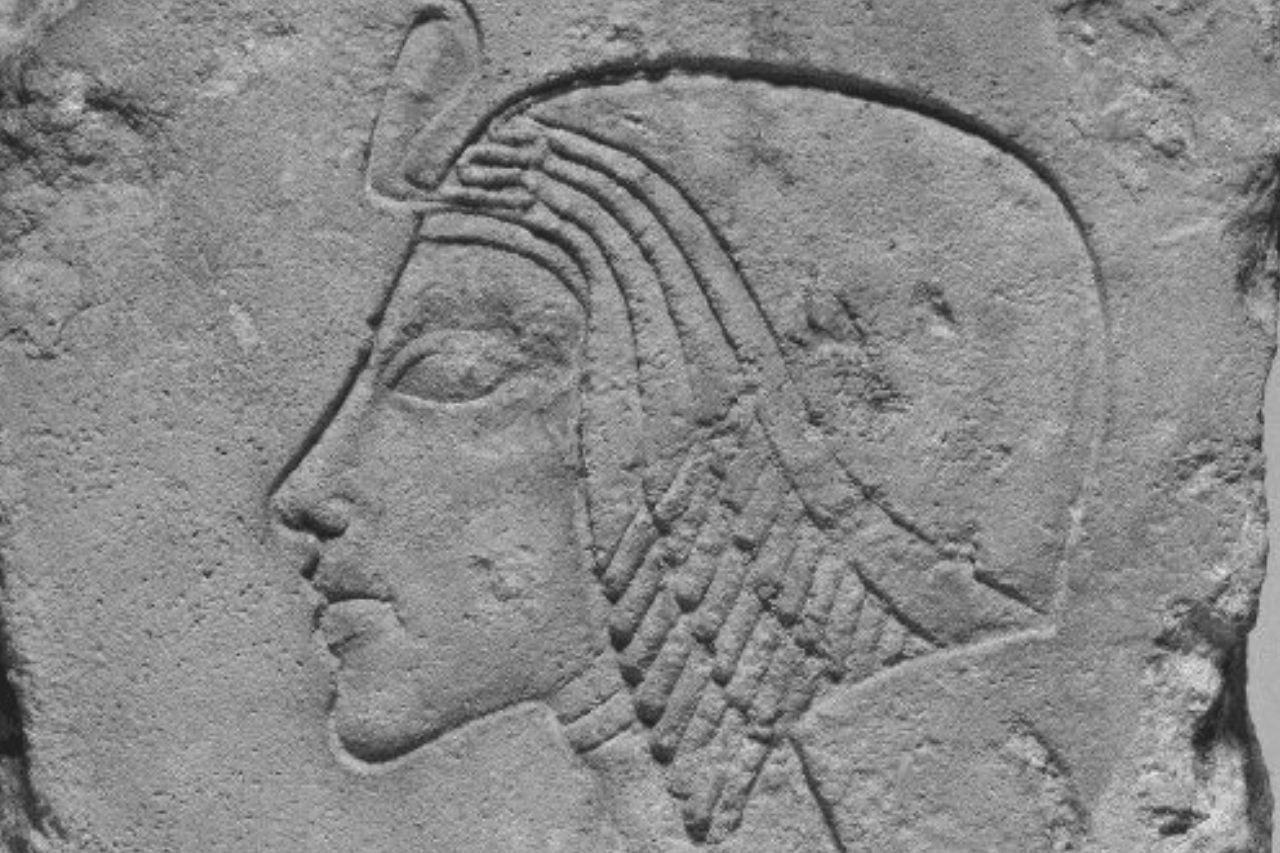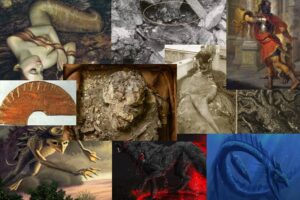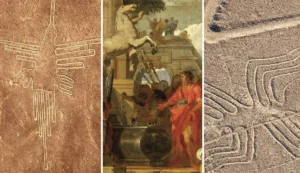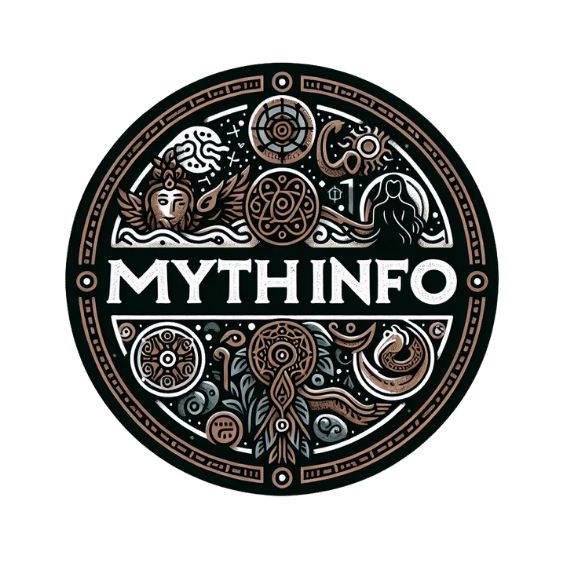
Introduction
Ancient myths have captivated human imagination for centuries. These timeless legends are more than just stories; they offer a glimpse into the beliefs, values, and fears of ancient civilizations. The enigmatic legacy of these myths continues to influence modern culture, literature, and art. This article delves into the secrets behind these age-old legends, exploring their origins, significance, and the reasons for their enduring appeal.
The Origins of Ancient Myths
Ancient myths often arise from a civilization’s need to explain the unexplainable. Before the advent of scientific reasoning, myths provided explanations for natural phenomena, life events, and human emotions. For instance, the Greek myth of Zeus thunderbolts was an attempt to explain lightning and thunder. Similarly, the Egyptian myth of Ra, the sun god, helped explain the daily cycle of sunrise and sunset.
These myths were passed down through generations, evolving over time. They were conveyed through oral traditions before being recorded in written texts. The stories often reflected the values and social structures of the societies that created them. For example, many myths include themes of heroism and morality, reinforcing societal norms and ideals.
The Role of Myths in Ancient Societies
In ancient societies, myths played a crucial role in shaping religious and cultural practices. They were not merely entertainment but served as foundational narratives that guided social behavior and religious rituals. Myths helped to explain the origins of the world, the nature of gods and goddesses, and the human condition.
For instance, the Hindu epic, the Mahabharata, is more than just a story of a royal conflict. It encompasses philosophical, moral, and spiritual teachings that have guided Hindu practices and beliefs for centuries. Similarly, the Norse sagas, such as those about Thor and Odin, not only entertained but also provided moral lessons and insights into Norse cosmology.
The Symbolism Behind Ancient Myths
Ancient myths are rich in symbolism, often using allegory to convey deeper truths. The characters and events in myths are not always literal but often represent larger concepts or archetypes. For example, the Greek myth of Persephone’s abduction by Hades symbolizes the cycle of seasons and agricultural fertility.
These symbols and archetypes resonate across cultures and time periods, which is why ancient myths continue to be relevant. They address universal themes such as creation, mortality, and the struggle between good and evil, making them relatable to people of all ages and backgrounds.
The Influence of Myths on Modern Culture
The influence of ancient myths extends far beyond their original contexts. They have been adapted into countless modern works of literature, film, and art. For example, J.R.R. Tolkien’s Middle-earth is heavily influenced by Norse mythology, and the superhero genre often draws on ancient mythological themes of heroism and divine powers.
Myths also continue to inspire contemporary spiritual and philosophical thinking. Many modern self-help books and motivational speakers draw upon mythological archetypes to convey messages of personal growth and resilience.
Unveiling the Secrets: Why Myths Endure
The enduring appeal of ancient myths can be attributed to their ability to address fundamental human concerns and questions. They offer insights into the human psyche and provide a framework for understanding the world. Myths allow us to explore complex ideas in a more accessible and engaging manner.
Moreover, the storytelling aspect of myths is inherently compelling. They combine drama, adventure, and moral lessons in ways that captivate the audience. This storytelling tradition has been preserved and adapted throughout history, ensuring that myths remain a vital part of cultural heritage.
Conclusion
The enigmatic legacy of ancient myths is a testament to their profound impact on human culture and thought. By unraveling the secrets behind these timeless legends, we gain a deeper appreciation for the ways in which they continue to shape our understanding of the world. Whether through their symbolic meanings, their influence on modern culture, or their role in ancient societies, myths remain a crucial element of the human experience. Their stories, though ancient, continue to resonate with us today, proving that the legacy of ancient myths is as enduring as it is enigmatic.

